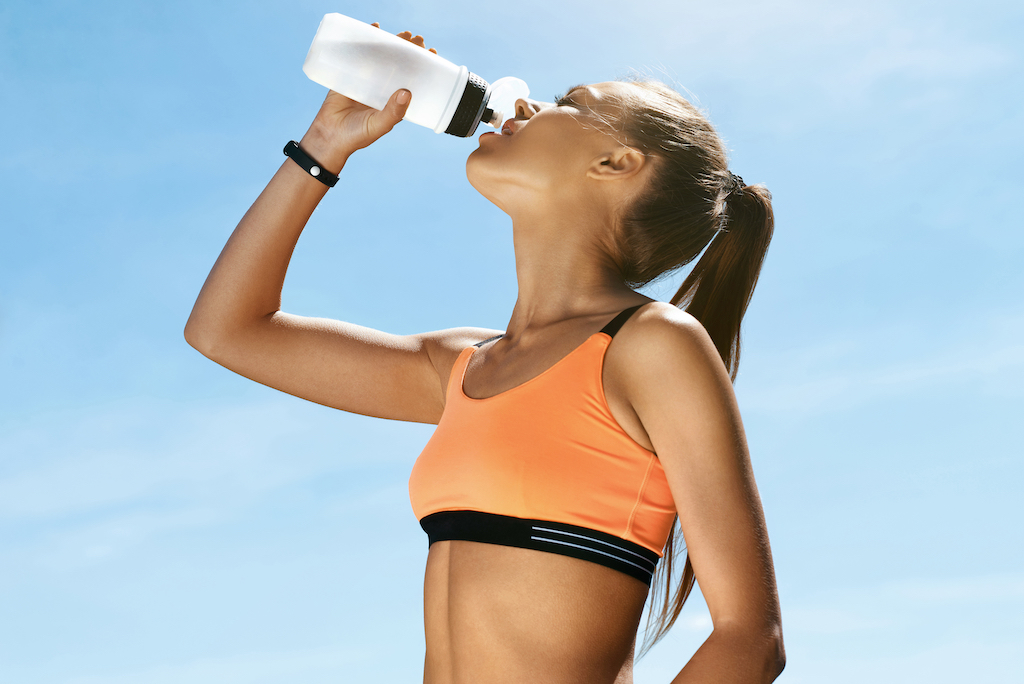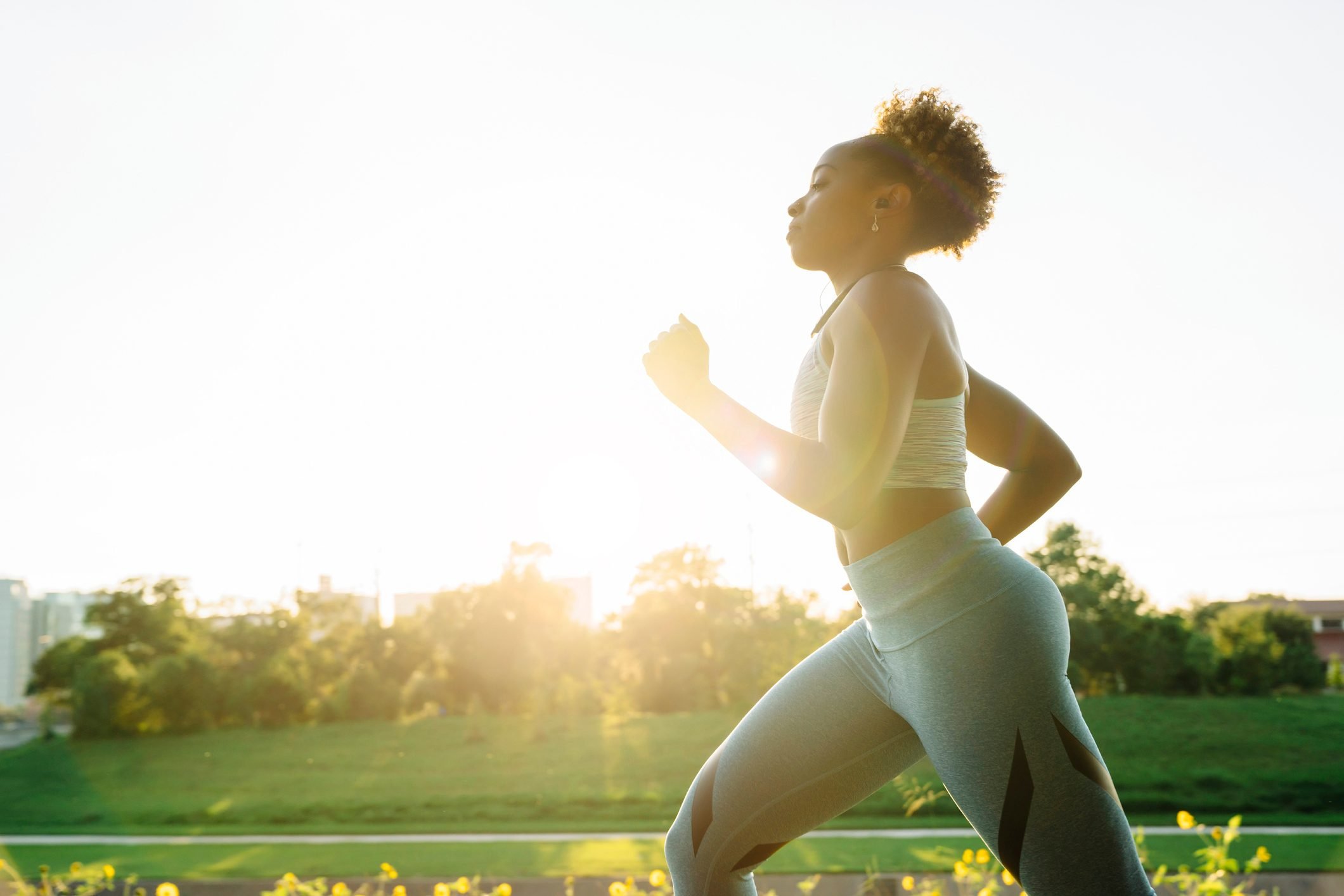Maintaining proper Hydration Fitness when exercise keeps you well. The amount of fluid you require is determined by a number of factors, along with how long you workout, the conditions of your workout (heat and humidity), and the amount of sweat you produce.
Keeping Hydrated While Exercising
Before deciding what to drink, when to drink it, or how much to drink until the day of your task, ensure you remain well hydrated in the days leading up to the event. This will make maintaining optimum hydration levels during your event much easier.
There must be no reason to drink heavily the night prior or even in the time leading up to your event if you have been observing and tracking your daily hydration. If you’re studying or not, you can drink 6-8 glasses of water a day.

Keep An Eye On Your Hydration
- Choose the correct fluids and the right level for the duration of your workout.
- Pay attention to your body: whether you’re thirsty or perspiring profusely, drink.
- It’s possible that you won’t need to drink at every drink station at an activity.
- Drink ahead of time to prevent dehydration in hot weather.
- Runners and walkers are people who go for a run or a walk. 4-6 hours on course – don’t drink too much (maximum 500ml/hr)
- Drinking when exercising is a good habit to get into.
- Urine frequency and color are also useful indicators.
Is It Possible To Drink Too Much Water?
You can probably drink enough water, and if you’re not getting enough electrolytes, you’ll basically dilute and disrupt your body’s fluid balance (hyponatremia). It can make you feel bloated and nauseous, and it can even be fatal in extreme cases. In recent years, this has been seen at large central city marathons where participants have consumed so much pure water.
Remember that in addition to replacing the missing fluid, you must also replace electrolytes that are lost. Anybody else running for even more than 4 hours should follow their thirst and avoid consuming large quantities of water. Instead, use sodium-containing sports drinks.
On The Road, Here Are Some Hydration Suggestions
- Bring a bottle of water along for the hike.
- Check out where all the trail’s water sources are.
- Warm drinks such as coffee, tea, soup, and hot cocoa may also be used to add warmth.
- If you’re walking in cooler weather, don’t wait until you’re thirsty to drink water.

During Exercise, Eat And Drink
Fluid loss can affect your body to regulate its own heat and impair efficiency. If you’re working for less than 1 hour, you can drink 200 mL of water every 15 to 20 minutes. In this case, water is sufficient. Glucose and electrolytes could be most beneficial in longer period exercises where there has been a chance of glycogen depletion, including more than 1 hour of vigorous exercise. These sports drinks can also be combined with energy bars for workouts lasting many hours.
When it comes to exercising, proper hydration and nutrition are critical to your success. It is important to prepare what you drink and eat prior, during, and after exercise for someone who will exercise for a longer length of time. This is particularly important for athletes, as proper hydration and nutrition can have a major impact on their success. A balanced diet that includes plenty of vegetables, fruits, and water will normally suffice for someone who engages in moderate exercise.



